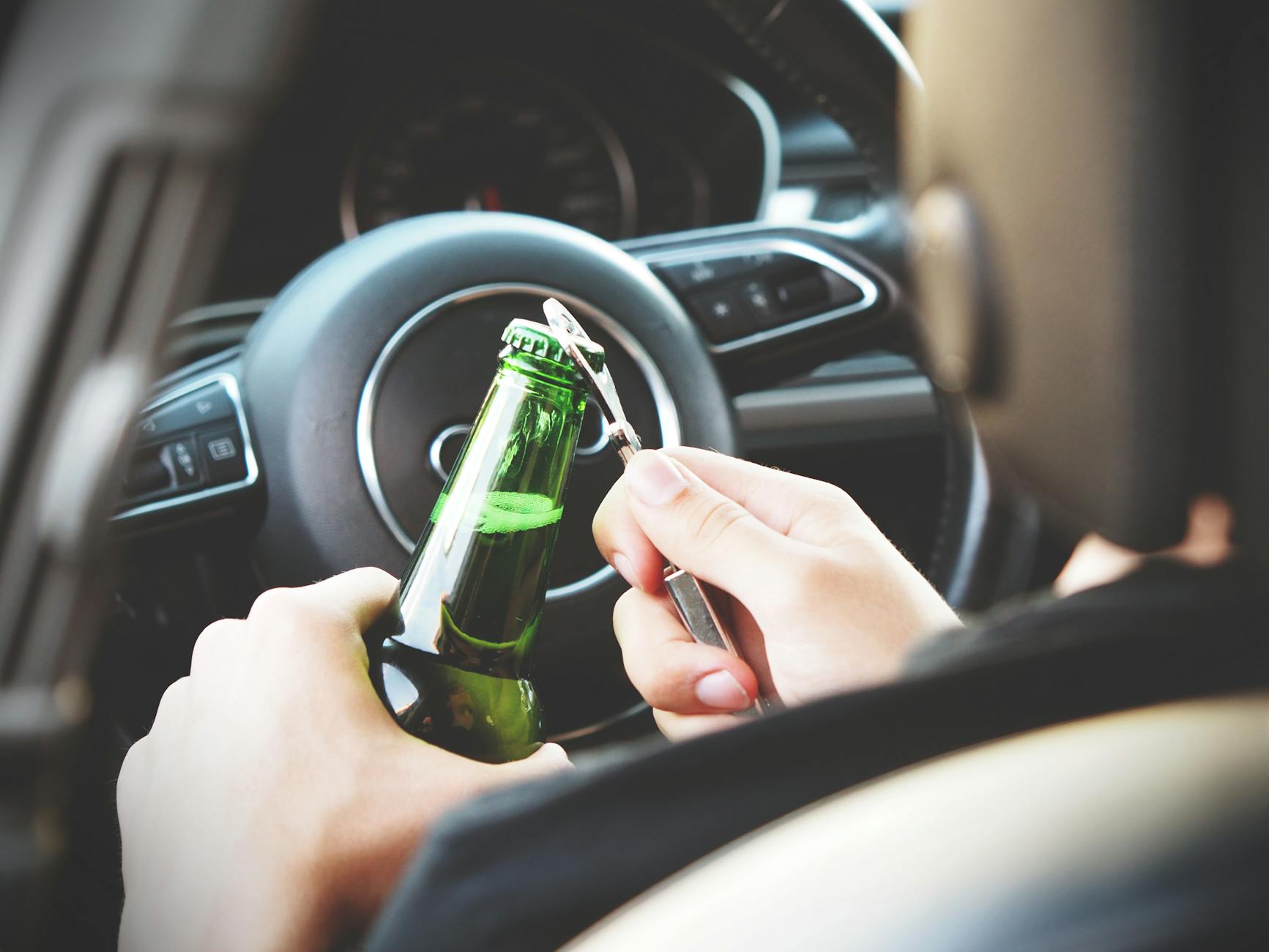Discover the magic number of beers it takes to reach a tipsy state and uncover the mystery behind alcohol intoxication.

Image courtesy of energepic.com via Pexels
Table of Contents
Have you ever found yourself wondering how many beers it takes to get drunk? It’s a common question that doesn’t have a straightforward answer. The number of beers required to reach a state of intoxication can vary greatly depending on a variety of factors. In this blog post, we will delve into the science behind alcohol metabolism, individual tolerance levels, and other factors that play a role in determining how many beers it might take for you to feel the effects of alcohol.
The Science of Alcohol Metabolism
Alcohol is primarily metabolized in the liver through a process involving enzymes such as alcohol dehydrogenase. This process breaks down the alcohol into acetaldehyde and eventually into harmless substances that can be excreted from the body. The rate at which alcohol is metabolized can vary depending on factors such as weight, gender, and genetics.
Individuals with a higher body weight tend to metabolize alcohol more quickly than those with lower body weight. This is because alcohol is diluted in a larger volume of body water, leading to lower blood alcohol concentrations. Gender also plays a role, as women typically have a higher percentage of body fat and lower levels of alcohol dehydrogenase, making them more susceptible to the effects of alcohol.
levels name=”individual-tolerance-levels”>Individual Tolerance Levels
Alcohol tolerance refers to the body’s ability to handle alcohol and its effects. Tolerance levels can vary greatly between individuals and can be influenced by factors such as genetics, regular alcohol consumption, and overall health. Individuals who regularly consume alcohol may develop a higher tolerance over time, requiring more drinks to achieve the same level of intoxication.
Genetics also play a role in determining an individual’s alcohol tolerance. Some people may have genetic variations that affect how their bodies metabolize alcohol, making them more or less susceptible to its effects. Additionally, overall health and liver function can impact how efficiently the body processes alcohol, affecting tolerance levels.
Factors Influencing Intoxication
Several factors can influence how quickly a person becomes intoxicated after consuming alcohol. One such factor is food consumption. Eating a meal before drinking can slow down the rate at which alcohol is absorbed into the bloodstream, potentially reducing the effects of intoxication. Staying hydrated can also help to mitigate the effects of alcohol by diluting its concentration in the body.
Furthermore, mixing alcohol with other substances such as medications or illicit drugs can have dangerous consequences and increase the risk of over-intoxication. It’s important to be mindful of how different substances interact with alcohol and to practice responsible drinking habits to avoid potentially harmful situations.
Ultimately, the number of beers it takes to get drunk is not a one-size-fits-all answer. It varies greatly depending on individual factors such as metabolism, tolerance, and overall health. Understanding the science behind alcohol metabolism and the factors that influence intoxication can help individuals make informed decisions about their alcohol consumption and practice responsible drinking habits.
FAQ
Question 1: How many beers does it take to get drunk?
Answer 1: The number of beers needed to get drunk varies based on individual factors such as weight, tolerance levels, and metabolism. It’s not a one-size-fits-all answer.
Question 2: Does gender play a role in how quickly someone gets drunk?
Answer 2: Yes, gender can affect alcohol metabolism. Women typically have a higher percentage of body fat and lower levels of alcohol dehydrogenase, making them more susceptible to the effects of alcohol.
Question 3: How does food consumption impact intoxication?
Answer 3: Eating a meal before drinking can slow down the rate at which alcohol is absorbed, potentially reducing the effects of intoxication. Staying hydrated and consuming food can help mitigate the effects of alcohol.
Question 4: Can genetics influence alcohol tolerance?
Answer 4: Yes, genetics can play a role in an individual’s alcohol tolerance. Some people may have genetic variations that affect how their bodies metabolize alcohol, making them more or less susceptible to its effects.
Powered by Texta.ai Blog Automation
Leave a Reply